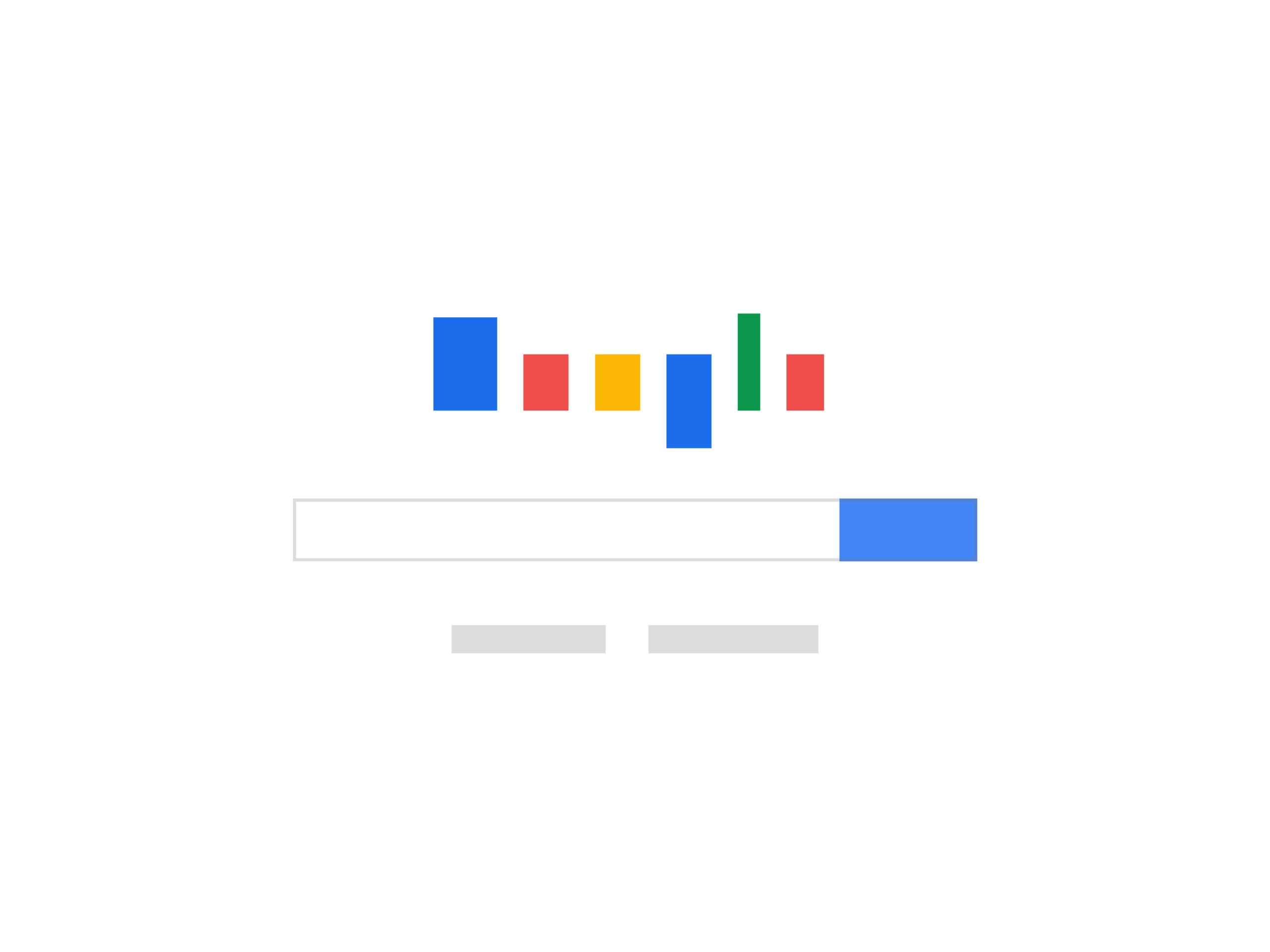Like a homing pigeon is known for finding its way home, Google’s Pigeon algorithm update was specifically designed to provide users with relevant query results close to home. At its debut, Pigeon was revolutionary and especially loved by local businesses with good SEO practices. For the first time, Google’s algorithm made it so that local searches really had the opportunity to shine, ranking higher that other non-local competition. Below, we tell you everything you need to know about Pigeon: what it is, how it works, and how to adjust your SEO so that you can work the update to your advantage. Launch Date: July 24, 2014 With the rollout of Pigeon, Google was able to provide more useful, relevant, and accurate local search results to its users. Building on the Panda, Penguin, and Hummingbird algorithm updates, Pigeon’s focus is specifically on local queries. Unlike Panda and Penguin, Pigeon is not a penalty-based update, but is a core change to Google’s algorithm. Though Pigeon isn’t penalty-based, it’s obviously still important that you know how the update affects Google’s web crawlers and what you need to implement in order to rank as high as possible, especially if the lifeblood of your business is fueled by local patrons. Penguin’s new local search algorithm is now tied more closely with traditional search ranking signals. In other words, your site needs to be as authoritative as possible and have good SEO E-A-T. Don’t skimp on SEO strategies when building your site. Your site isn’t the only place on the web you need to be monitoring to get high local rankings. If you don’t have your business listed in online directories like Yelp, Trip Advisor, OpenTable, or the like, Pigeon can count it against you, and your rankings will be lower than your competition. Google’s Pigeon update affects local searches and those searches where location plays an important role. Unlike before Pigeon’s release, traditional SEO factors come into play when ranking local results. So local companies now have to invest more energy and resources into their SEO strategies, both on their site and on other locations online—specifically business directory sites. One of most obvious notable results of Pigeon was the decrease of Google’s local results “pack.” Originally, these packs were a set of 7 local businesses that would result from a search. Pigeon reduced that number from 7 down to just 3 listings beginning in 2015, about a year after it was implemented. Additionally, Pigeon causes Google to take into account businesses with a location and distance most relevant to the user. Smarter than ever before, Google’s core algorithm alters the local listings in the search results and gives the top spots to local directory sites. Pigeon is a fantastic update for local business—if you know how to SEO. There are a few things you can tweak on your site to ensure that you achieve the highest possible ranking, snagging a spot in the coveted 3-pack local results. Do the old-fashioned hard work of traditional SEO. Build links, publish content that goes above and beyond to give your users the best information, and utilize keywords your target audience is searching for. Create images, video, or written content that associates you with a specific area, whether it be a city, state, or region. This will strengthen your authority on local searches. Local directories, like Yelp, OpenTable, Four Square, and the like, are where people go to get reviews of the place places to shop, eat, and stay local—plus more. These sites are huge in not only driving business to your own site, but they help legitimize you in the eyes of Google’s crawlers. The more sites like these that you publish your information on, the more authority and legitimacy your own site will have, and the higher it will rank on local searches. Chances are, you have a Google My Business page, even if you don’t remember signing up for it. Google My Business indexes your business’s information so that it’s consistent across Google Search, Maps, and more. Once you’ve got your page, optimize it so that Google has all the info it needs to see that you’re a legitimate local business. When you’re conducting a local search, the Pigeon update makes sure you get results that are most relevant to you right where you’re at during the time of search. Working off of the prior three algorithm updates, Google created Pigeon to give you local search results that you actually want: they’re nuanced, legitimate results—not spam— that are physically near to you. For searchers and local businesses alike, Pigeon provides an excellent experience for Google’s users. Google’s Pigeon Update Explained and Local SEO Strategies

What Google Pigeon Impacted
Poor On-Page SEO
Poor Off-Page SEO
How The Pigeon Algorithm Works
How to Update Your Local SEO To Take Advantage of Google Pigeon
Emphasize traditional SEO
Focus on city or region-specific content
Publish in local directories
Register for a Google My Business page
Conclusion: Pigeon is Your Local Guide